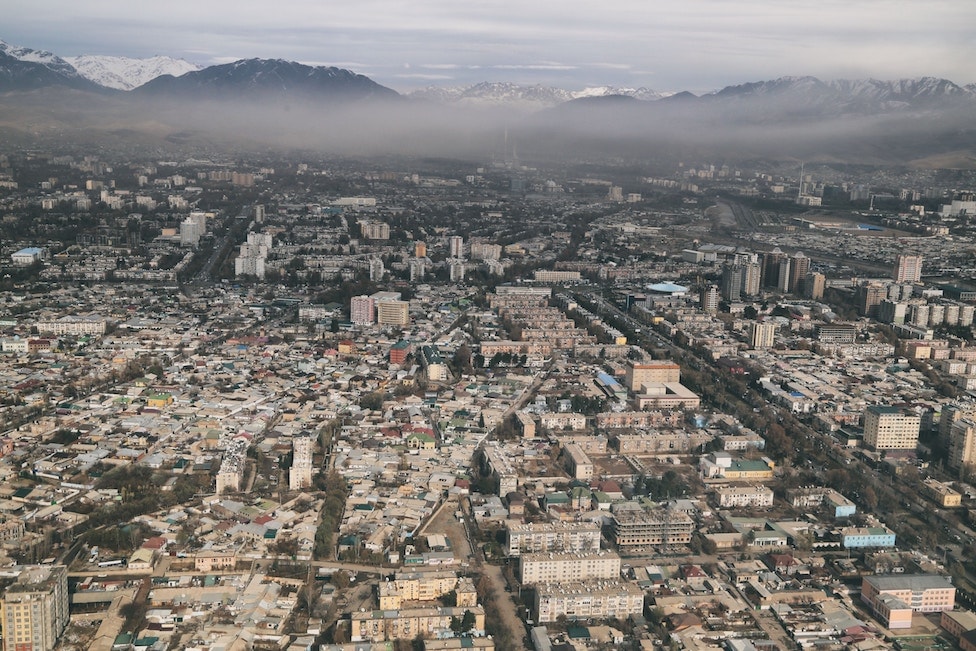Today, we released an Internet Exchange Point (IXP) Environment Assessment for Tajikistan. This report was carried out in the framework of Internet Society’s partnership agreement with GÉANT with a view to support regional Internet development in Central Asia.
The release of this report coincides with the 2nd Central Asian Internet Governance Forum (CAIGF), which takes place in Dushanbe, Tajikistan. This event gathers a wide range of stakeholders from Tajikistan as well as from the Central Asian region at large and provides an excellent opportunity to receive wider feedback from the community on our findings and conclusions.
Stakeholder Cooperation Is Key
While the benefits of IXPs are well-established, some 80 countries worldwide, including the five Central Asian Republics, still do not have a local IXP. Developing an IXP in Tajikistan is a vital step in cementing the nation’s Internet sector, making the exchange of traffic between Internet providers much more efficient, reducing costs for providers, and increasing the performance of Internet-based services for the end user.
While some of the Internet challenges Tajikistan faces are geographic – it is a landlocked country with mountainous and earthquake-prone territory – others are linked issues such as telecommunications market conditions, policy environment, and skills levels. This latter group of challenges can be addressed if local stakeholders can agree on common goals and an action plan.
Building a Roadmap
In addition to longer term recommendations to improve the Internet environment in Tajikistan, our report proposes an immediate roadmap to develop an IXP. This roadmap suggests a step-by-step approach starting from strategy formulation and core group formation to IXP services marketing and capacity building. Based on our previous discussions with local stakeholders, the key elements of the IXP development process are likely to be clarification of the policy environment and creation of a neutral institutional framework between the different network operators. These issues need to be tackled locally by the Tajik stakeholders, as any quick fixes or outside pressure will most likely produce an unsustainable result.
Reaping the Benefits
Despite the challenges and the potentially lengthy process, an IXP may open important economic and social opportunities for Tajikistan. Tajikistan could become an Internet transit country, if the planned optical fibre projects linking Central Asia to the nearest submarine cable landing stations in Pakistan are realised. An IXP also encourages the presence of local hosting services, which typically helps increase the amount of global and local content. Locally developed services, for example in the area of e-government and e-commerce, bring value to the local economy and promote inclusiveness for all. The full benefits of an IXP only become apparent over a longer term, so a strategic vision is a must to keep the IXP on track.
Read the full Tajikistan IXP Environment Assessment in English or Russian.
